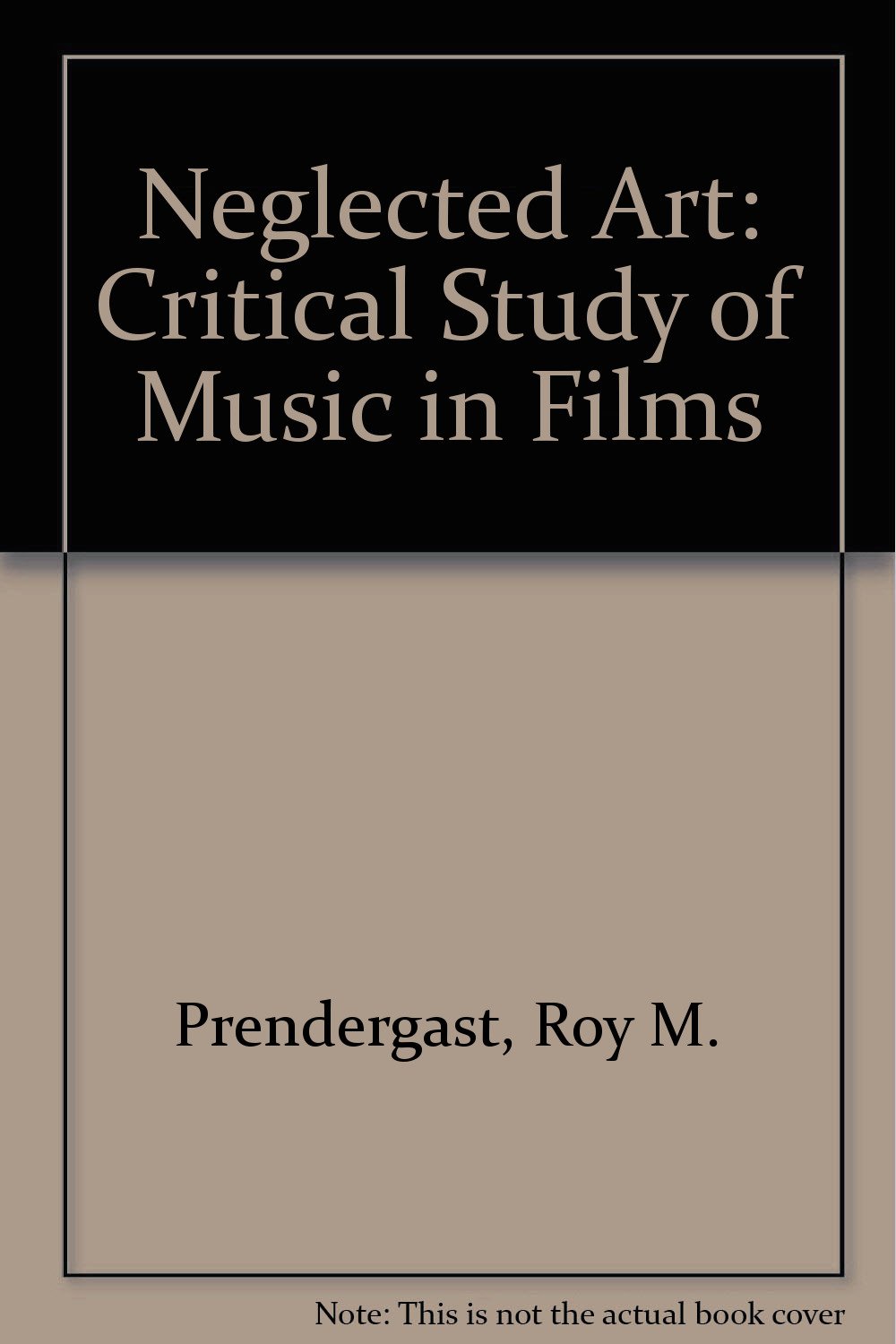

 |

|

The average rating for A neglected art based on 2 reviews is 3 stars.
Review # 1 was written on 2018-07-17 00:00:00 Melissa Garrett Melissa GarrettWhen it comes to the literature of moral responsibility, I much prefer philosophers to psychologists and psychiatrists. The latter two professions tend to take a hard deterministic view of human behavior, according to which a person's decisions are wholly determined by heredity and environment with no room for free will. That leaves no room for nuance--no one could be morally responsible for anything. Philosophers can be hard determinists, although most are either soft determinists (compatibalists) or libertarians on the will. All would agree that someone who is severely mentally ill to the point of not recognizing reality or not understanding right and wrong is not morally responsible for his actions. Where Eliot goes against the current psychological and psychiatric zeitgeist is in his view that a person with a personality disorder is morally responsible for his acts despite having a somewhat distorted view of reality due to his disorder. His one exception is the psychopath; when this book was written it was thought that a true psychopath has no conscience. Later research has suggested that psychopaths have a conscience but are able to turn it off or on at will. The current trend is to deny moral responsibility or at least hold that it is greatly mitigated in people with personality disorders. Elliot is willing to admit this in extreme situations such as a person with borderline personality disorder who acts while in a fugue state. In general, however, Elliott considers personality disorders to be character flaws. This is, I think, correct, and is obscured by the social sciences' attempt to remain "non-judgmental." Yet people with personality disorders are not causally determined by their disorder to do act A instead of acts B or C. Rather, they are able to choose which action to perform, though their disorder makes it difficult at times to do the right thing. They remain morally responsible for the bad actions they perform. Elliot does a service not only to the public at large, but also to sufferers of personality disorders. Many times the refusal of people with personality disorders (especially the Cluster B disorders--narcissistic, histrionic, borderline, and antisocial personality disorders) is due to their failure to take responsibility for their bad actions. Instead, they blame others. If they realize they do have moral responsibility for their actions, that is wrong to say, "I can't help who I am," then effective treatment is possible. Elliott's approach offers a better way of appraising personality disorders and a way out of the suffering by holding people with personality disorders accountable for their actions. |
Review # 2 was written on 2012-05-04 00:00:00 Jenna Yancich Jenna YancichEven though it's two decades old, the information it gives is most interesting. I would wonder what an updated book on stalking, written this year or last, would be like with all the new data... |
CAN'T FIND WHAT YOU'RE LOOKING FOR? CLICK HERE!!!